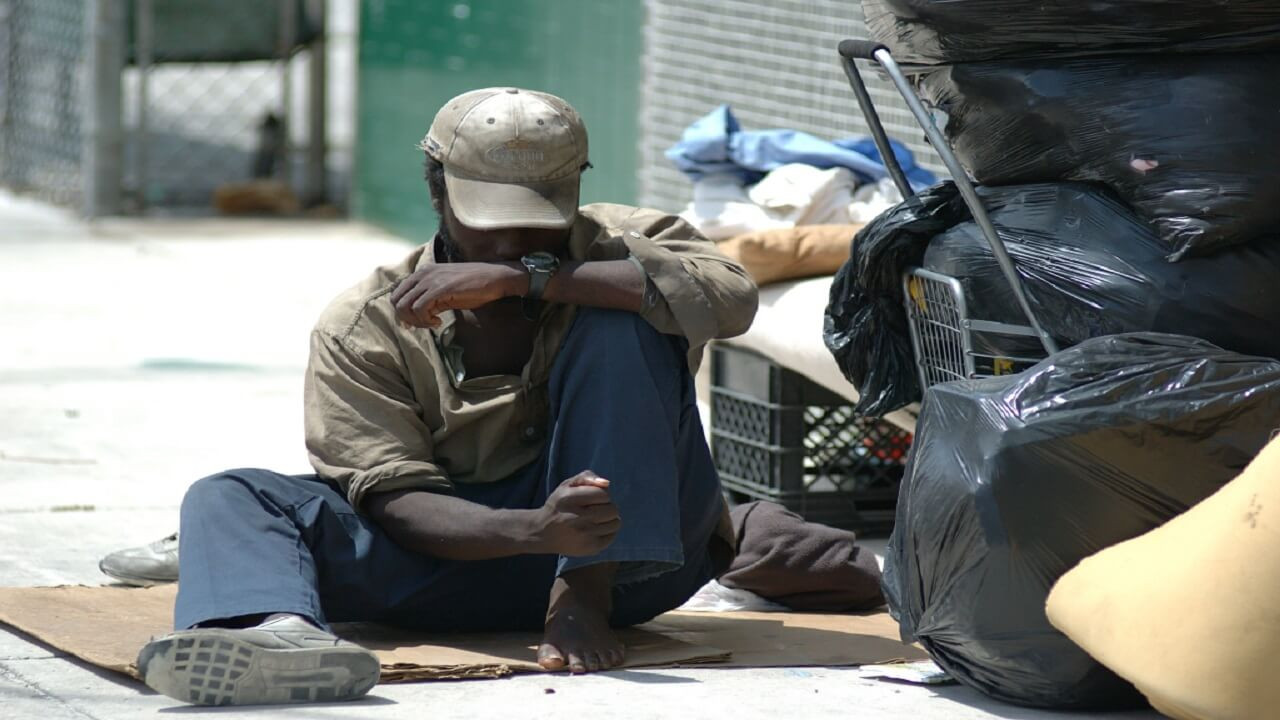
Poverty and Unemployment in Nigeria: Causes,Types and Solutions
October 24, 2022, 9:24 am
Poverty is a societal ill that affects the physical and mental wellbeing of an individual.
Poverty reduces the existence of an individual to merely scrapping for survival instead of enjoying the fullness of life possible on earth.
Poverty and Unemployment in Nigeria: Causes,Types and Solutions
Poverty makes life unbearable and is capable of killing off life. For example, while poverty doesn’t stop the bearing of children, it can make the conditions of raising children so terrible and unpleasant that the lives of children born in poverty conditions are cut short. That is why Infant mortality is very high in poor countries and communities of the world
WHAT IS POVERTY?
Poverty can be defined as a situation of deprivation in which an individual or group of individuals in a society lack the requisite resources, opportunities or means of livelihood to lead a long, healthy, and satisfactory life by being unable to provide for their basic life requirements such as water, food, shelter, clothing, sanitation and a minimum level of medication.

Poverty has evolved historically and varies among nations in magnitude and in scope. There are as many definitions of the concept of poverty as there are scholars, analysts, people and institutions tackling its scourge.
While the definition of poverty can be different across nations and scholars, it has common or similar manifestations wherever it is found. The manifestations of poverty are:
- Lack of income and productive resources sufficient to ensure sustainable livelihoods
- Hunger and malnutrition
- Ill health
- Limited or lack of access to education and other basic services
- Increase morbidity and mortality from illness
- Homelessness and inadequate housing
- Unsafe environments and social discrimination and exclusion
- Lack of participation in decision-making and in civil, social and cultural life
POVERTY IN NIGERIA
According to the World Bank, the number of poor people in Nigeria was 89.0 million in 2020 and will rise to 95.1 million in 2022. This means that 6.1 million more Nigerians would have fallen beneath the poverty line between 2020 and 2022.
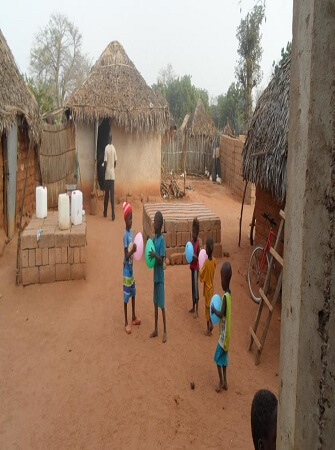
With the projected 2022 figures, the number of poor persons in Nigeria has had a four-year increase of 14.7% from the 2018/19 figure of 82.1 million to the projected 95.1 million in 2022.
The rapid rise of poverty in Nigeria has been attributed to the impact of the COVID-19 pandemic and growing population
TYPES OF POVERTY
Absolute poverty
This is the inability of a person or group to provide the material needs for physical subsistence and protection of human dignity. These materials are food, clothing, shelter, water, health services, basic education, transportation, and work because the persons or groups do not have jobs or income. Absolute Poverty is defined in terms of the minimal requirements necessary to afford minimal standards of food, clothing, healthcare and shelter.
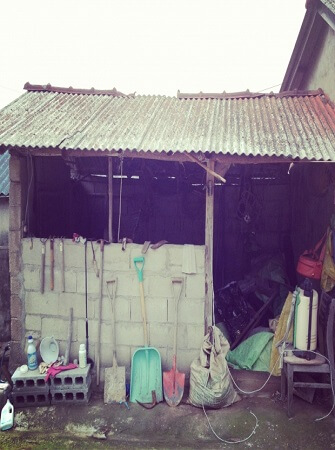
Relative Poverty
This is the inability of certain sections of the society to satisfy their basic needs as well as other needs. Basic needs include two elements. First, they include certain minimum requirement of a family for private consumption: adequate food, shelter and clothing, as well as certain household furniture and equipment. Second, they include essential services provided by and for the community at large, such as safe drinking water, sanitation, public transport and health, education and cultural facilities.
Material Poverty
This is the absence of ownership control of physical assets as lands, and all other resources that land produce or that subsists on land as birds and animals and mineral resources.
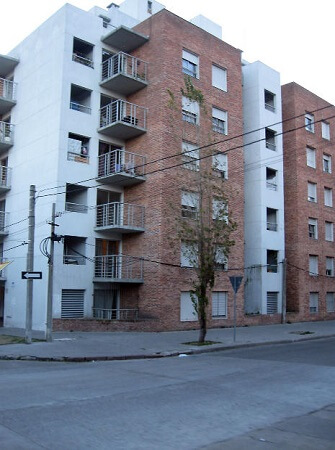
CAUSES OF POVERTY
Lack of Abundance of Natural Resources
If poverty is not having the means and resources to provide one’s basic needs, then the first cause of poverty is the lack of such resources whether by a country or people. A place, country or community where natural resources like fertile land for agriculture is missing or where there are no natural reserves of precious metals and commodities (gold, silver, oil, natural gas etc.) will lack the ability to produce or sell anything of value that can be exchanged for money to provide their basic necessities. Poverty is common in places where resources for production are lacking or in very limited (scarce) supply.
Low Productivity and Creativity
Another cause of poverty is low or lack of productivity and creativity. Any country or community where hard work, enterprise and creativity isn’t encouraged, celebrated and rewarded will be swimming in poverty. These values (productivity, creativity and enterprise) are needed to convert natural resources into economic commodities that can generate income and revenue so when they are not been utilized, the existence of natural resources will be useless to their owners and can’t be used as a ladder to climb out of poverty.
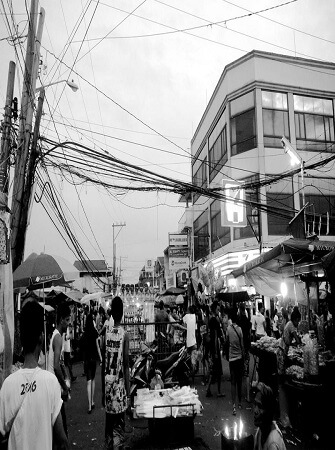
An extension of this is also where monopolies are encouraged. Monopoly is a situation where exclusive rights or powers are given to a person or company to buy and sell certain items or commodities—no person is allowed to compete with them for the rights to buy and sell. This has the direct effect of reducing productivity, creativity and enterprise because the monopolies by the power they have and looking to their own interests only, will always seek to buy whatever resources they have monopoly over for as low a price as possible and sell what they have to offer for as high a price as possible. In any country where monopolies are encouraged, the people lose any desire to be productive and enterprising because they know the reward of their labor and work will not be adequately rewarded by the monopolies in power.
Wars and Instability
Conflicts of any kind (wars, riots, strike etc.) do not support or promote prosperity but only encourage poverty. A lack of peace in any country or community makes the people devote their physical and mental energies to efforts to protect themselves from attacks and dangers rather than to efforts that will maximize their productivity and convert whatever resources they have into economically viable products and services that can be exchanged for income and revenues. Where conflicts are long lasting and prevalent, poverty will be a mainstay.
Weak Institutions
Wherever there are weak institutions or governments unable to pass and enforce laws that promote justice and equity, then poverty will abound. This is because without laws that promote justice and equity, enterprise and productivity will suffer thereby making theft and robberies common in the form of monopolies and cabals who can do whatever they like thereby rendering the majority of people poor. Strong institutions and governments are needed for prosperity because they are able to pass and enforce laws that encourages people to work hard and ensure that they are adequately rewarded for the fruits of their labor, productivity and creativity. Wherever these types of laws are in place with strong institutions to enforce them, more and more people are encouraged to engage in activities that can break the stranglehold of poverty

High Taxes and Levies
Excessively high taxes and levies also causes poverty by discouraging productivity. This is because excessive taxes and levies make the people who have labored to produce goods and services keep very little of the income and revenue they have been able to generate. And if these enterprising people or businesses are only able to keep a tiny fraction of the income and revenue they have produced, that translates into having little to reinvest into their enterprises for the production of more income and revenue. If this goes on for a long period of time, it slowly drains the fuel of productivity and poverty takes over as reward for labor goes down.
Inadequate Education
It is one thing to have abundant natural resources, it’s another thing to have the knowledge to turn these resources into valuable economic products and services. A lack of quality, practical and technical education robs people of the productive knowledge needed to harness the resources that are readily available to them for productive purposes. Inadequate education therefore promotes poverty by depriving people of the steps they can take to improve their standard of living through the natural resources, talents and advantages that they have been naturally blessed with.
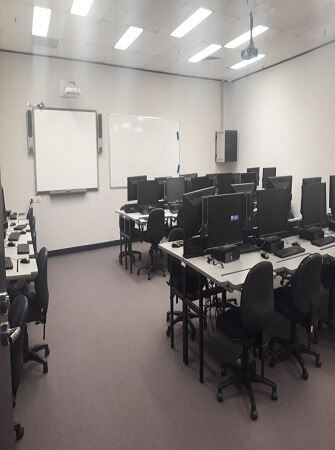
LABOR FORCE IN NIGERIA
The total population in Nigeria is divided into labor force (currently active) and non-labor force (not currently active). The labor force population covers all persons aged 15 to 64 years who are willing and able to work regardless of whether they have a job or not.

The non-labor force includes population below 15 or older than 64, as well as those within the economically active population i.e. 15-64, who are unable to work, not actively seeking for work or choose not to work and/or are not available for work
The geopolitical zones in Nigeria with the highest Labor force population are the South-West, followed by the South-South, and then the North Western zone of Nigeria. According to the 2020 Labor Force Survey conducted by National Bureau of Statistics, in the fourth quarter, Nigeria had a labor force of 69.68 million nationwide, among which Lagos, Rivers, Oyo, Kano and Benue accounted for 25.67% of the total labor force.
UNEMPLOYMENT IN NIGERIA
Unemployment breeds poverty and is detrimental to human social existence (for engendering adequate human capacity building and material utilization) globally.
Unemployment or joblessness as defined by the International Labor Organization occurs when people are without jobs and they have sought work within the past five weeks. The unemployment rate is a measure of the prevalence of unemployment and it is calculated as a percentage by dividing the number of unemployed individuals by all individuals currently in the labor force.
Unemployment in Nigeria is defined as the proportion of labor force that was available for work but did not work in the week preceding the survey period for at least 39 hours. Latest official figures from Bureau of Statistics puts the figure of unemployed at 52,373,932 (42.91%) which by all standards is very high.
The definition of unemployment in Nigeria, therefore, covers persons (aged 15–64) who during the reference period were currently available for work, actively seeking for work but were without work
Unemployment Rates in Nigeria
A person is regarded as unemployed if he or she is not engaged in the production of goods and services, thereby contributing to the Gross Domestic Product (GDP) in a legitimate manner, which is a component of the national accounts and receives no form or amount of compensation for that activity.
A person is regarded as employed in Nigeria if he or she is engaged in activities that contribute legitimately to the GDP. However, consideration for the employed persons satisfaction with their work, if the work meets with his or her qualification or whether compensation is suitable/satisfactory are not factored in.

In Q4 2020, Imo state reported the highest unemployment rate (56.6%), followed by Adamawa state with (54.9%) and Cross River state (53.7%). Other states with over 50% unemployment rates are Akwa Ibom and Yobe. The states with the lowest unemployment rates are Osun state (11.65%), Benue state (11.98%) and Zamfara state (12.99%)
The National unemployment rate was 33.28% (Q4, 2020). It was 27.1% in Q2, 2020 and 23.1% in Q3, 2018 which shows a rise in unemployment rate across Nigeria.
Unemployment and Underemployment rates vary according to the nature of economic activity predominant in the State. Unemployment tends to be higher in the Southern States while underemployment tends to be higher in the Northern States where majority of the workforce is involved in seasonal agricultural activities. States with a higher focus on seasonal agriculture , with low mechanization (low usage of tractors and modern agriculture equipment), tend to have higher rates of underemployment compared to unemployment and may swing from high full-time employment during periods of planting and harvest when they are fully engaged on their farms to periods of underemployment at other periods.
States with a higher propensity of women to marry early or be housewives and hence not part of the labor force also tend to have lower unemployment rates. These States tend to have a higher proportion of their economically active population outside the labor force thereby reducing the number looking for work and hence the number that can be unemployed.
SOLUTIONS TO POVERTY AND UNEMPLOYMENT IN NIGERIA
To combat poverty and unemployment in Nigeria, the following actions and policies should be followed:
- There is need for increased and sustained investment on human capital development in Nigeria, by way of increased provision and funding of free qualitative and technical education, health care delivery, and public housing.
- The Nigerian government should initiate and partner with the private sector to develop a functional microcredit scheme for the poor, especially the unemployed youths. The microcredit movement has shown clearly that lack of access to capital through restrictive institutional practices is a major obstacle to giving the poor greater capacity to improve their own standard of living. Such a microcredit scheme should be robustly organized to enhance transparency and accountability in its management and flexibly structured to avoid unnecessary institutional bottlenecks and measures that prevent youths from accessing such credit facility.

- In an era of globalization characterized by rapid economic growth without job creation, financial crisis, and market or policy failures, there is the urgent need for the Nigerian state to introduce a robust social security scheme to take care of unemployed youths, enhance livelihood security, and ensure the redistribution of income as well as risks.
- Poverty to a large extent is a function of the absence of shortage of opportunities for earnings, and productive and purposeful jobs are the only sustainable and proper way to alleviate poverty. To this end, it is imperative that the Federal Government provides adequate incentives to private sector enterprises that are labor-intensive such as agriculture, construction etc. which could contribute to more job creation and the alleviation of youth unemployment

REFERENCES
The Wealth of Nations by Adam Smith
National Bureau of Statistics Labor Force Statistics (Q4, 2020)
World Summit for Social Development, Copenhagen, 1995
United Nations Human Development Report, 1996
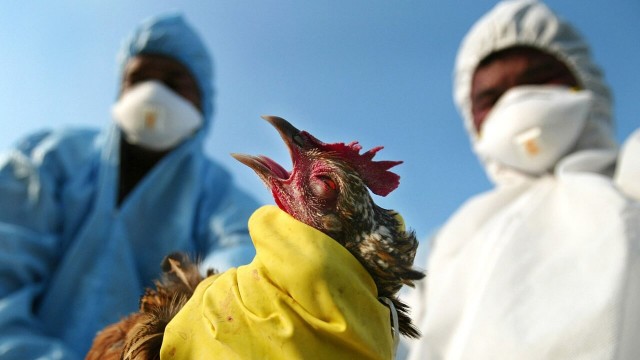

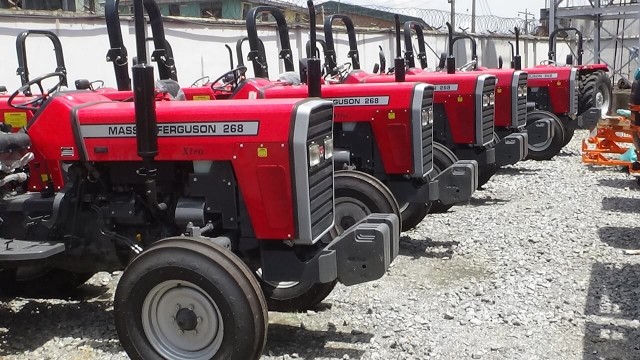

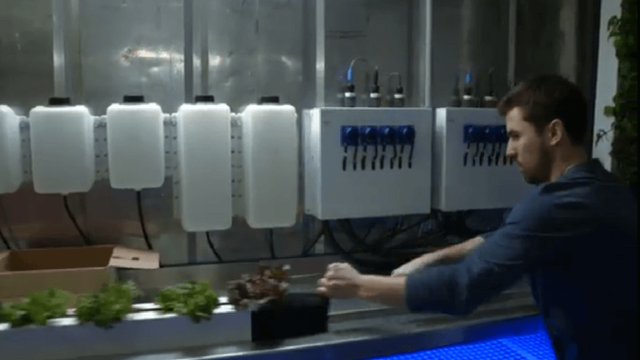



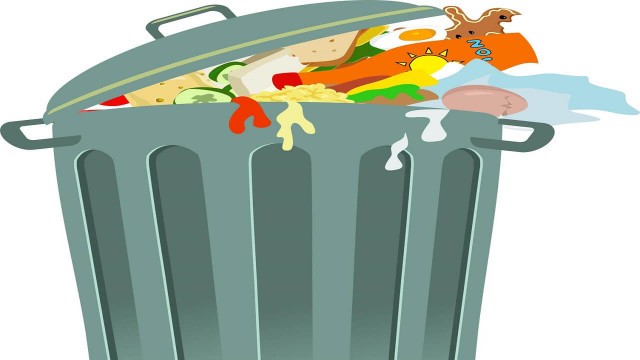



Share This Article: